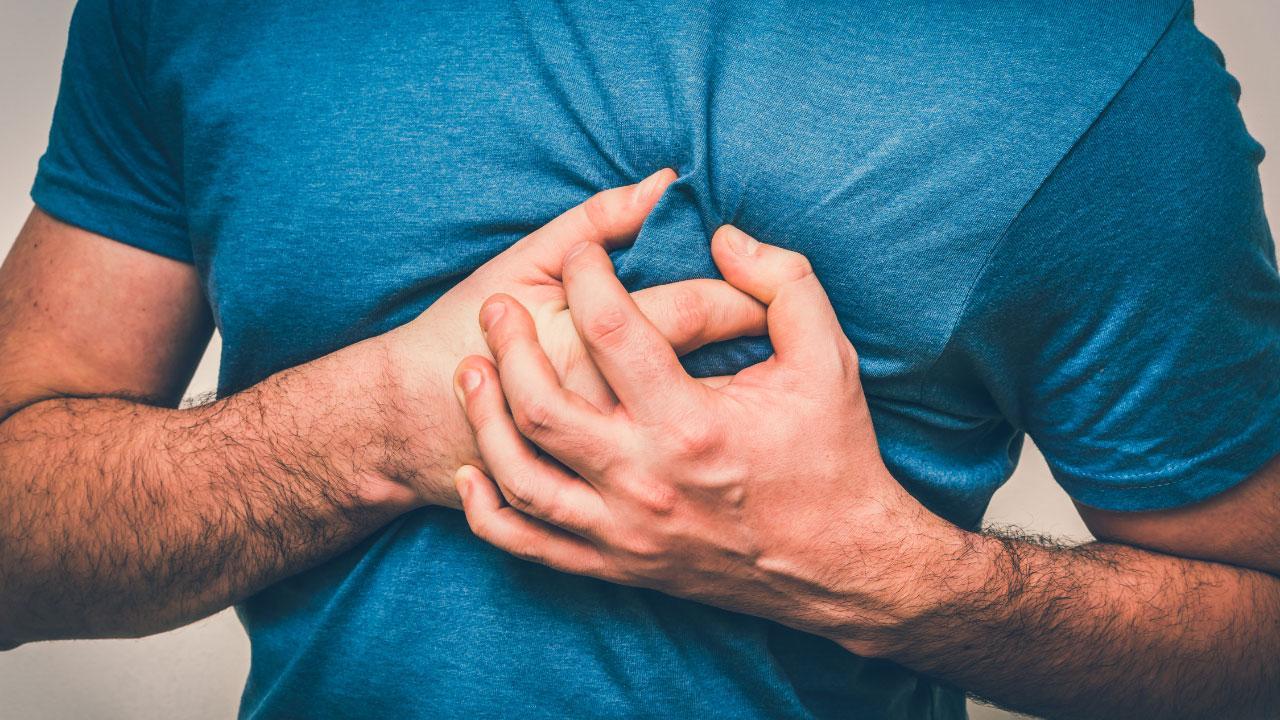People with underlying health conditions, including diabetes and heart disease can face increased risks for having a heart attack, irregular heart rhythm, or stroke

Image for representational purposes only. Photo Courtesy: iStock
Cardiovascular-related deaths due to extreme heat are expected to increase between 2036 and 2065, according to a study modelled in the US.
The researchers, whose work is published in Circulation, predict that adults age 65 and older and people of colour will likely be disproportionately affected. It is because many have underlying medical conditions or face socio-economic barriers that can influence their health -- such as not having air conditioning or living in locations that can absorb and trap heat, known as “heat islands".
While extreme heat currently accounts for less than 1 per cent of cardiovascular-related deaths, the modelling analysis predicted this will change because of a projected rise in summer days that feel at least 90 degrees. This heat index, which factors in what the temperature feels like with humidity, measures extreme temperature.
Most people adapt to extreme heat, as the body finds ways to cool itself, such as through perspiration. However, people with underlying health conditions, including diabetes and heart disease, can have different responses and face increased risks for having a heart attack, irregular heart rhythm, or stroke.
“The health burdens from extreme heat will continue to grow within the next several decades,” said cardiologist Sameed A. Khatana, and assistant professor of medicine at the University of Pennsylvania, Philadelphia.
“Due to the unequal impact of extreme heat on different populations, this is also a matter of health equity and could exacerbate health disparities that already exist,” Khatana said.
To generate these predictions, researchers evaluated county-level data from the 48 states between May and September of 2008-2019. More than 12 million deaths related to cardiovascular disease occurred during that time.
Using environmental modelling estimates, they also found that the heat index rose to at least 90 degrees about 54 times each summer.
Researchers linked the extreme temperatures that occurred during each summer period to a national average of 1,651 annual cardiovascular deaths.
Further, using modelling analyses to forecast environmental and population changes, the researchers looked to 2036-2065 and estimated that each summer, about 71 to 80 days will feel 90 degrees or hotter.
Based on these changes, they predicted the number of annual heat-related cardiovascular deaths will increase 2.6 times for the general population -- from 1,651 to 4,320. This estimate is based on greenhouse gas emissions, which trap the sun’s heat, being kept to a minimum. If emissions rise significantly, deaths could more than triple, to 5,491.
This story has been sourced from a third party syndicated feed, agencies. Mid-day accepts no responsibility or liability for its dependability, trustworthiness, reliability and data of the text. Mid-day management/mid-day.com reserves the sole right to alter, delete or remove (without notice) the content in its absolute discretion for any reason whatsoever
 Subscribe today by clicking the link and stay updated with the latest news!" Click here!
Subscribe today by clicking the link and stay updated with the latest news!" Click here!








